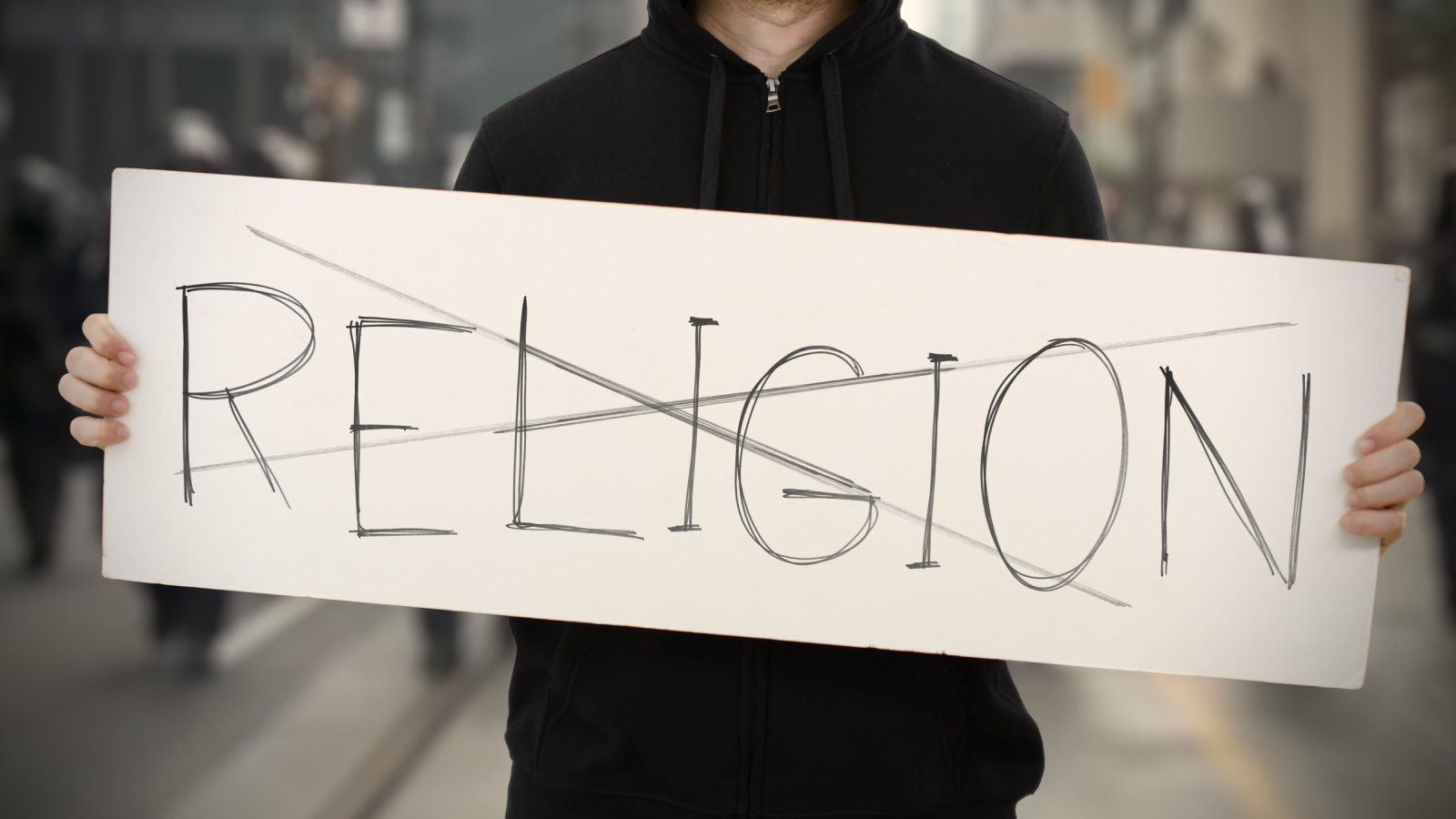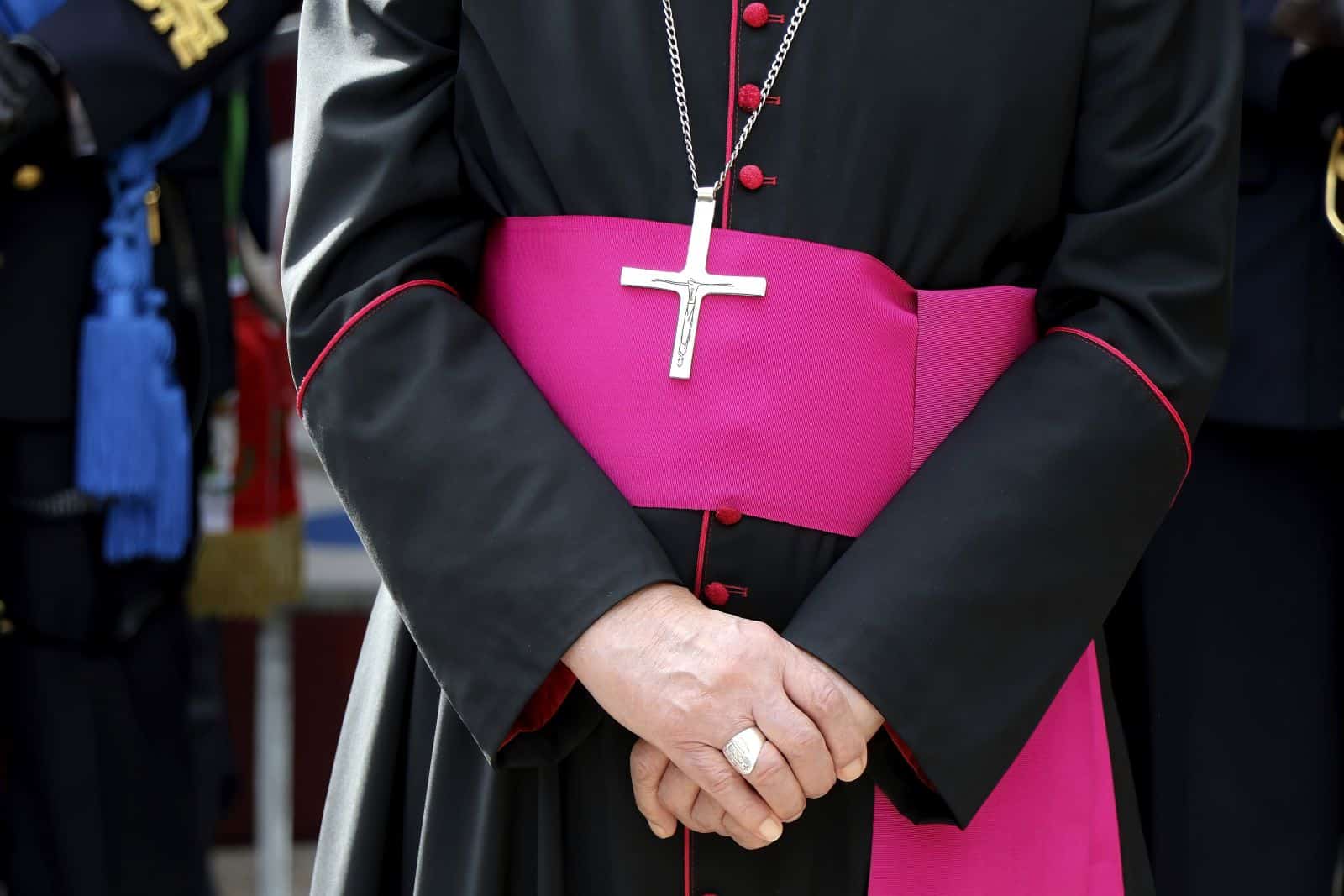Attorney General Steve Marshall has taken the lead in challenging a new federal rule designed to address the needs of LGBTQ+ youth in the foster care system. The move, backed by attorney generals from 18 other states, underscores a growing tension between federal mandates and the autonomy of faith-based foster facilities.
Opposition to Federal Rule

The center of the opposition lies in the Department of Human Health Services’ recent rule, aiming to enhance the well-being of LGBTQ+ youth in foster care. However, Marshall and his counterparts view this as an overreach, prompting a united front against the federal directive.
The States Involved

A coalition of 19 states, including Alabama, Alaska, Arkansas, Georgia, and more, has came together to contest what they perceive as an imposition on their states’ rights in foster care matters.
Rule’s Requirements

At the heart of the contested rule are requirements for state and tribal title agencies to ensure safe and appropriate placements for LGBTQ+ children within the foster care system.
Safety Criteria

Foster facilities, under the rule, are mandated to create environments that are devoid of hostility based on a child’s LGBTQ+ status. Additionally, staff must undergo training to cater to the needs of LGBTQ+ youth, including those related to self-identified sexual orientation, gender identity, and gender expression. The rule further emphasized the facilitation of access to age-appropriate resources, services, and activities supporting the health and well-being of these children.
Opposition Perspective

Attorney General Marshall, along with his counterparts, argued that these requirements amount to discrimination against Christian or faith-based foster facilities. The essence of their opposition was rooted in the belief that the federal government should not dictate the practices of faith-based organizations.
Defense of Faith-Based Organizations

In their joint letter, the attorney generals stressed faith-based organizations’ historical and indispensable role in the foster care system. They contended that the new rule jeopardizes the continued existence of these organizations, which have been an integral part of the system for centuries.
Biden Administration’s Stance

Marshall hold back when attributing motives to the Biden Administration. He accused the administration of implicitly coercing states to conform to its ideological stance by hinting at the possibility of withholding federal funding for children in need.
Values at Stake

For Marshall, the battle is not just about policy; it’s about values. He asserts that Alabama’s commitment to its values is unwavering, even in the face of potential financial repercussions.
Impact on Faith-Based Foster Homes

The letter strongly argues that the new rule would limit family-setting options for LGBTQ+ youth by excluding faith-based foster homes that don’t comply with affirming the sexual orientation or gender identity of children.
Importance of Faith-Based Organizations

The joint stance of the attorney generals underlines the significance of faith-based organizations in the foster care system. They argue that without these organizations, the system would face dire circumstances.
Critique of Rule’s Effect

Beyond the potential impact on faith-based organizations, the attorney generals express concern that the rule could harm children and LGBTQ+ youth. By limiting placement options based on faith-based non-compliance, the rule might inadvertently compromise the well-being of those it seeks to protect.
Biden’s Implicit Threats

Accusations of implicit threats from the Biden Administration form a crucial part of Marshall’s narrative. The suggestion that federal funding for vulnerable children could be tied to ideological conformity is a serious charge that adds a layer of complexity to this ongoing debate.
Historical Context

Marshall drew on a rich historical context, pointing to Christianity’s tradition of providing homes and families to children who have neither. This historical perspective adds depth to the argument, framing the opposition as a defense of long-standing values.
Alabama’s Foster Care Community

Marshall specifically highlighted Alabama’s robust faith-based foster care and adoption community within this larger context. His commitment to fighting for this community against perceived federal overreach is a testament to his importance on preserving the state’s values.
Conclusion

In conclusion, the opposition against the federal rule represents a broader debate on the intersection of LGBTQ+ rights, faith-based values, and the functioning of the foster care system. With attorney generals from various states joining forces, this clash between federal and state authority is poised to shape the landscape of foster care policies in the United States. As the legal battle unfolds, the implications for vulnerable children and the role of faith-based organizations remain at the forefront of this contentious issue.
The post Attorney General Marshall Leads States Against Federal Rule on LGBTQ+ Youth in Foster Care first appeared on Pulse of Pride.
Featured Image Credit: Shutterstock / Paul Brady Photography. The people shown in the images are for illustrative purposes only, not the actual people featured in the story.

